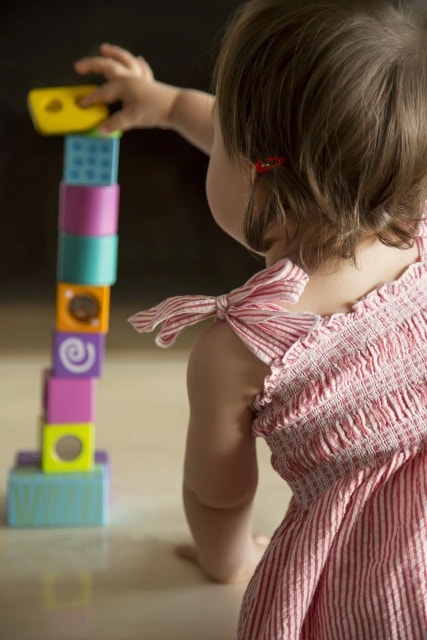Children know more than we think
(Baonghean.vn) - A recent study by the Paris Pedagogical School, France shows that children's perception of their surroundings is actually much more complex than parents and teachers imagine.
 |
| Research from the Paris Pedagogical School shows that young children have developed high-level thinking from an early age. Photo: Getty Images. |
Accordingly, scientists conducted research with 20-month-old babies and surprisingly found that these babies already had very high-level thinking abilities, also known as "super cognition".
According to Dr. Sid Kouide - a member of the research team, "metacognition" here is defined as a person's "intuition" about their own understanding - a state that occurs regularly in adults when they encounter a difficult problem.
In other words, in the famous quote by Donald Rumsfeld, “There are things we know we don't know,” and “metacognition” is the ability to recognize these unknowns.
Previous theories suggested that children develop this thinking skill later in life. However, the new research shows that from an early age, “children are able to recognize that they do not know something and signal to their caregivers” to seek help and answers.
 |
| Researchers encourage parents to play with their children and guide them to explore on their own to develop their thinking and discovery abilities from the very beginning of life. Photo: Internet. |
“Metacognition” allows people to find new information and apply their learning strategies to specific situations. When children realize what they don’t know and know how to signal their parents to find the answer, they know how to exploit information effectively. From there, they begin to have the concept of building strategies to solve future problems, starting with identifying the source of information to look for.
The discovery of “metacognition” in children is considered very meaningful for parents who are interested in early childhood education methods. The research results suggest that to help develop children’s ability to explore and discover from the beginning of life, instead of leaving them alone in front of the TV or computer screen, parents should play with their children and guide them to explore.
At the same time, parents should not solve their children's questions by simply giving information and answering directly to the problem as in the conventional way of education. A more effective way to educate children, according to Kouider, is to guide children to learn and find answers to their questions on their own.
Huyền Trân
(According to Time)
| RELATED NEWS |
|---|
